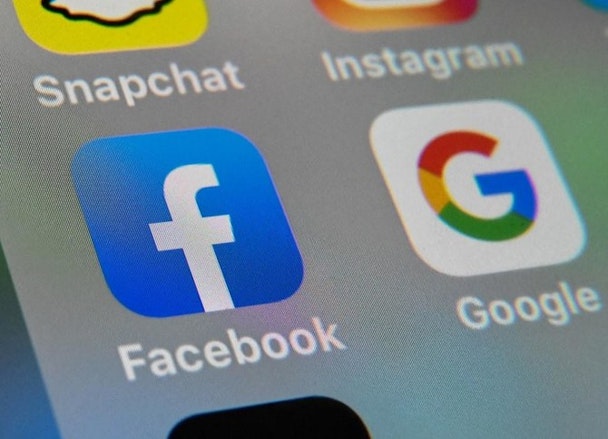Google and Meta block Russian state media from monetizing their platforms
Since our roundup last week of tech giants’ responses to Russia’s invasion of Ukraine, many of the platforms have further updated their policies amid growing pressures from around the world and widespread sanctions and bans on Russian financial activities.

The changes block the ability of Russian state media to monetize across platforms including YouTube
Google previously relied upon its pre-existing labeling policies to alert its users to the possibility the media being served originated from Russian state broadcasters. It was based, in part, on its reaction to both the Covid-19 disinformation pandemic and the immediate actions taken during the January 6 Capitol Riots.
As of Sunday February 27, however, Google and its most notable subsidiary platforms have joined the ranks of organizations imposing financial strictures on Russian state media. It announced that it was pausing the ability of Russian media outlets to monetize themselves through advertising across its platforms, including YouTube. A Google spokesperson told Reuters that due to ”extraordinary circumstances” it was “pausing a number of channels’ ability to monetize on YouTube”.
Google also took the step of preventing Russian state-funded media outlets from using its adtech to generate revenue on their own websites and apps, effectively removing the ability of the media to monetize their content. Reuters quotes Google spokesperson Michael Aciman, saying: “The Russian media will not be able to buy ads through Google Tools or place ads on Google services such as search and Gmail.”
Reuters states that Russian channels received between $7m and $32m over the two years prior to December 2018 from ads across 26 YouTube channels it backed, according to digital researcher Omelas.
In addition to demonetization, YouTube is also blocking access to a number of Russian state-backed media channels in Ukraine, citing the potential for disinformation. It follows the EU citing RT’s editor-in-chief Margarita Simonyan as a major source of propaganda. That prompted a response from the Russian state communications regulator, demanding that Google restore access to those channels. At the time of writing, access has not been restored.
Meta has also taken the step of preventing Russian media from buying ad space or monetizing content across the Facebook ecosystem. Its head of security policy, Nathaniel Gleicher, stated: “We are now prohibiting Russian state media from running ads or monetizing on our platform anywhere in the world. These changes have already begun rolling out and will continue into the weekend.”
1/ We are now prohibiting Russian state media from running ads or monetizing on our platform anywhere in the world. We also continue to apply labels to additional Russian state media. These changes have already begun rolling out and will continue into the weekend.
— Nathaniel Gleicher (@ngleicher) February 26, 2022
Crucially, Facebook has also implemented a one-click lock tool in Ukraine, designed to prevent Russian identification of individuals through the Facebook platform itself. The tool locks down the user’s profile, making it visible only to pre-existing connections. It follows fears that Russia could be using social media to both monitor individuals’ movements and to prevent recriminations against individuals.
With further financial sanctions and a freeze on Russian banking activities likely to come over the next few days, the power of the platforms to influence international decision-making should not be overlooked. As pressure continues to mount it is likely we will see further activity from the platforms, either permanent bans of channels or more rigorous labeling.

